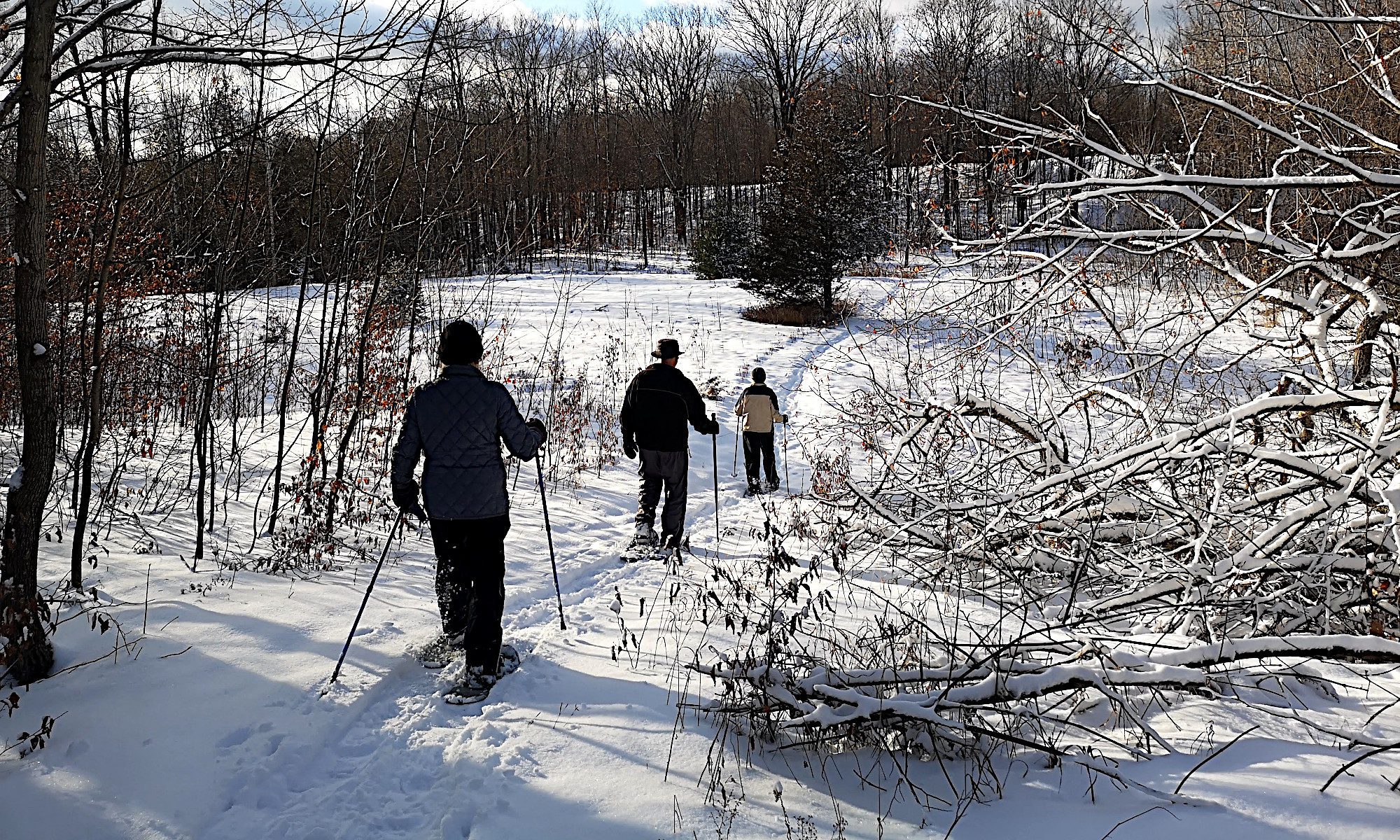I realize that RSS feeds are kind of passé (sorry, Dave) and so some readers may have missed some of my recent posts over at GigaOM — so I have collected some of them here in case you want to catch up:
- “Ruining the social web: How can we avoid the Bieber effect?” — Does every social network eventually become so large and noisy that it turns into a broadcast-style platform instead of something truly social? And is the desire for monetization and revenue part of what drives social platforms to look out for their own interests instead of users?
- “What Wikipedia can tell us about the future of news” — Researcher Brian Keegan specializes in analysing the way that information flows through Wikipedia during a breaking news event, and recently compared the way that seven mass shootings — including the incident at Sandy Hook elementary school in Connecticut — were reported on the crowdsourced encyclopedia. He found some interesting patterns that media entities of all kinds might want to pay attention to.
- “Who’s to blame for the Instagram debacle? Take a look in the mirror” — Instagram has come under fire — as other services based on user-generated content have — for changing its terms of service in a way that suggests it might experiment with advertising. But should that really be a surprise? What else should we expect from a free service?
- “Like it or not, real-time crowdsourced news verification is here to stay” — Critics of the kind of real-time verification that National Public Radio editor Andy Carvin practices on Twitter during events like the Sandy Hook shootings say the process introduces too many errors and sows confusion — but the benefits of this approach arguably outweigh the disadvantages.
- “Why an Apple-Foursquare partnership would make sense” — According to one report, Apple is considering a partnership with Foursquare that would involve using the location-based service’s data inside Apple’s maps. That would be a smart move for Apple at a time when its maps have come under heavy fire for a lack of features.
- “It’s not Twitter — this is just the way the news works now” — The way that inaccurate news reports about a mass shooting in Connecticut filtered out through social media has brought up many of the same criticisms as Hurricane Sandy — that social media isn’t an appropriate forum for journalism. But this is simply the way news works now.
